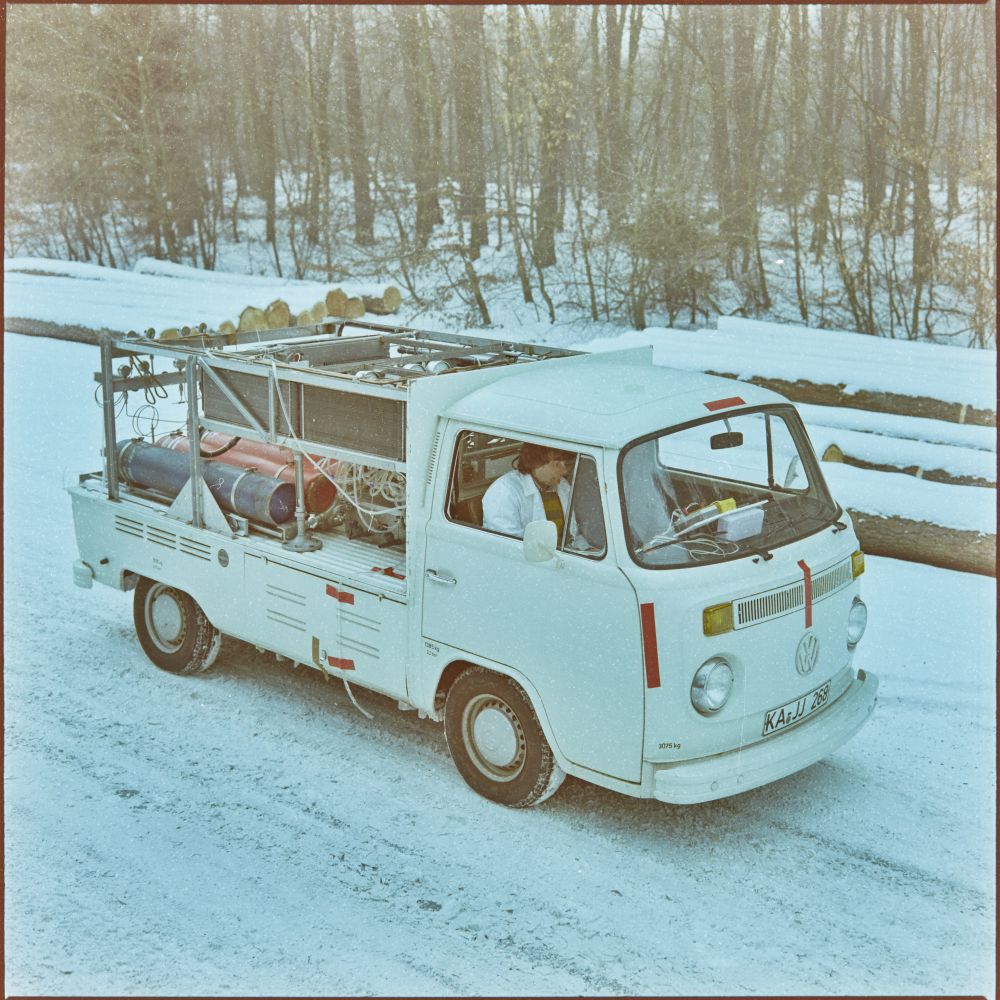200 Years of Pioneering Spirit: A Hydrogen Bulli Pioneering the Transport Revolution
Hydrogen holds great potential for a sustainable energy supply. The Karlsruhe Institute of Technology (KIT) has been researching the potential of this element for decades. As early as the 19th century, Professor Hans Bunte developed processes for coal refinement here, which produced gasoline, aromatics, phenol, and hydrogen-rich town gas, among other things. His work on improving the efficiency of gas production and determining calorific values was groundbreaking for the German gas industry – and thus also for the use of hydrogen. Due to its high energy density, town gas was soon used for street lighting, domestic heating, and in industrial applications in the Ruhr area and other regions.
Today, CO₂-neutral hydrogen production is the focus of research at KIT. Scientists are therefore developing electrolysis processes powered by renewable energy, testing hydrogen production at sea, and working on pipelines for the combined transport of hydrogen and electricity. The aim is to achieve a safe, clean, and affordable energy supply.
Motivation: The Oil Crisis – The Hydrogen-Powered VW Bus
A milestone in the development was a hydrogen-powered bus in 1986. In response to the oil crisis of the 1970s, the former Karlsruhe Nuclear Research Centre converted a VW bus into a fuel cell vehicle. The bus ran on hydrogen from gas cylinders and was approved for road use. It was tested on what is now the North Campus and at the famous Hockenheimring race track. The fuel cell converted hydrogen and oxygen into water – the only “exhaust” was water vapor.
Many years later, KIT itself adopted this type of drive: Between 2013 and 2024, a hydrogen shuttle bus has been commuting between the North Campus and South Campus of KIT. The technology is now also being developed for trains, trucks, and aircraft.
mex, July 17, 2025

